By Bobby Hundley
Christian Lawrence, MD, is a difference maker.
A former chief resident who now serves as a pediatric hospitalist at the UNC Medical Center, Lawrence spent his formative years as a doctor taking on a critical problem for the health of children in North Carolina – food insecurity.
“I’ve always been someone who thought heavily about the social determinants of health,” Lawrence said, and perhaps nothing has a greater impact on the future health of a child than hunger.
“When we look at the research on it, if someone is hungry and doesn’t have enough food, they aren’t going to be able to focus in class, they’re going to have more issues getting in trouble, not meeting their full academic potential,” Lawrence said.
Additionally, food insecure children are more likely to miss out on fresh fruits and vegetables with higher nutritional value, setting them up for health problems later in life.
“If these kids weren’t food insecure, could we be reducing obesity, diabetes, high blood pressure, all these conditions that affect people later in life?” Lawrence asked.
It was that question that led Lawrence to initially set up a food pantry in the UNC Children’s Primary Care Clinic. He and his colleagues ran into logistical hurdles, however, and transitioned to providing gift cards instead of food items.
“We realized it pretty quickly,” Lawrence said of the advantages of gift cards. “Providing actual bags of groceries was a nice physical showing to the family and it carried weight for that, but the logistics were challenging.”
Soon after, Lawrence applied for and received a Carolina For The Kids grant and began distributing gift cards of between $50 and $100 to families who identified as food insecure during their screening at the clinic.
“We were probably giving out 10 or 15 gift cards a week to families,” Lawrence said of the program’s peak. “Every day at least one family was walking out of the clinic with a gift card.”
Unfortunately, the grant funding ran out at the worst possible time – just months before the COVID-19 pandemic threw the healthcare world into chaos. Lawrence and his colleagues were left only being able to provide information about local food banks at a time when a global crisis was making food insecurity a reality for more and more families.
With schools closed and jobs lost, families were faced with difficult decisions before factoring in the stress of a sick child. Clinic procedures were altered as well, making the process of providing and receiving care challenging for all.
“It’s changed how we can interact educationally, how we can interact with patients and families,” Lawrence said. “It’s been really challenging to not be around your colleagues. It’s really hard on everybody.”
While the lack of funding has prevented the program from continuing in the short term, Lawrence is confident that it could be restarted quickly and successfully.
“We have a system, it works. We could go right back in.”
Ultimately, the act of providing food – and hope – to families in need is something that cuts to the heart of the mission of UNC Health and providers like Lawrence.
“It’s so challenging already for these families,” Lawrence said. “When you compound that with COVID-19, knowing that you have a sick child and you can’t always even be there and feeling so helpless, I can only imagine what the support would mean to these families.
“Feeling value and worth during this trying time is so important. That feeling of support and hope truly can change someone’s life.”
To donate to the UNC Children’s Food Pantry or for more information, please contact Jinhee Lee at jinhee_lee@med.unc.edu.

One Response to ““We could go right back in”: Helping the UNC Children’s Food Pantry”
Richard Helgans
Lawrence, I share your commitment to helping address Social Determinants of Health, particularly food insecurity. Together we really can make a difference.